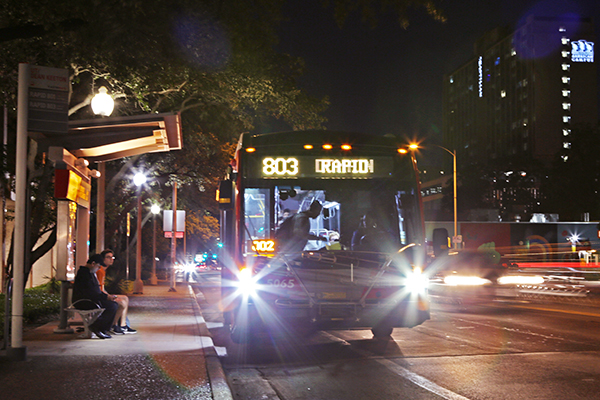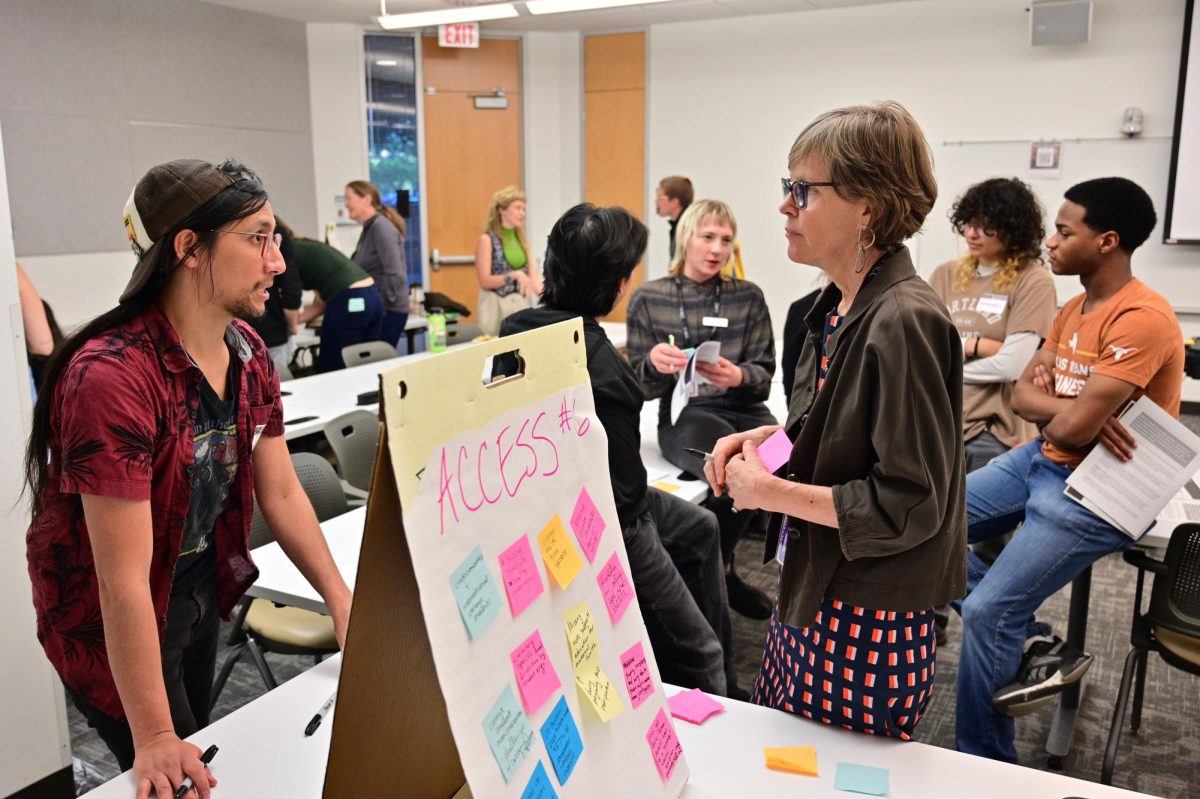Capital Metro is taking a step into the future with the purchase of electric buses that will hit the road within the next year.
The company plans to have a 100% electric bus system, but does not have a set date for when this will be completed.
“We’ve been looking at electric bus technology for about a decade (and) keeping an eye on the technology as it’s come out,” said Dottie Watkins, CapMetro vice president of bus operations. “But we really started probably about two years ago … working through our process to get ready to actually own and operate electric buses.”
Watkins said CapMetro will add anywhere between four and 10 electric buses in the 2020 fiscal year, starting with two that will be received in December.
“We really want to run a whole bunch of different routes to get as much data as possible so that as we purchase our next round of vehicles,” Watkins said. “We’re much more prepared for how we need to inspect and be prepared to operate them.”
Watkins said CapMetro’s interest in electric buses is because they provide a better customer experience and benefit the environment.
“The buses can be loud … especially toward the rear of the bus,” Watkins said. “Buses can be very hot, diesel engines create a lot of heat and noise … We know that you’ll get a better customer experience from a battery electric bus.”
Kara Kockelman, Dewitt Greer Centennial professor of engineering, said the environmental effects of diesel vehicles can impact human health.
“We’ve got tens of thousands of people dying early every year in this country from air quality issues,” Kockelman said. “Lots of cities are well beyond us (in electric bus technology).”
Watkins said the buses are able to run about 150 miles per day and will be charged overnight at a charging facility that is currently being constructed. Diesel-operated buses can run for 250 miles.
Avery McKitrick, director of the Campus Environmental Center, said she plans to ride one of the electric buses if it comes along her usual route.
“Austin should continue these steps in the right direction,” said McKitrick, an environmental science sophomore. “I think that a lot of cities are doing similar things and are seeing really positive results.”
Watkins said maintenance and charging costs are expected to make electric bus operations cheaper than their diesel counterparts.
“We’re very excited to really show the Austin community what the future of public transportation is going to look like,” Watkins said.





















